Investigating the Gaza conflict
ICC Prosecutor’s assertion that there is nothing she can do in respect of Gaza, is not quite the whole story.
by Rodney Dixon*
Absent a referral by the Security Council, it is now accepted that the ICC Prosecutor could have jurisdiction to investigate the Gaza conflict if:
(i) Palestine becomes a State Party to the ICC or
(ii) Palestine signs a declaration giving the ICC jurisdiction over its territory for the conflict, or a defined period of the conflict, without becoming a State Party for all time. The latter procedure requires the Palestinian Authority to lodge such a declaration pursuant to Article 12(3) of the ICC Statute with the Court. It must of course be a genuine declaration on behalf of the Palestinian Authority which is lawful and binding.
Also Read: The Forty-Four-Days of Glory: Azerbaijan’s Struggle for Justice and Peace
The Palestinian Authority, then purporting to be a State, lodged such a declaration with the Court in January 2009 giving the ICC jurisdiction over crimes committed on its territory since July 1, 2002 (the date when the ICC Statute came into force). There was no question that the declaration was validly signed on behalf of the Palestinian Authority. Indeed, the Prosecutor at the time opened a preliminary examination to consider whether to start a full investigation into the alleged crimes. In the end, the declaration was rejected because the Prosecutor determined in April 2012 that Palestine was not a State capable of making such a declaration to accept the ICC’s jurisdiction.
However, as explained in the Deputy Prosecutor’s letter of August 14, 2014, the situation has changed since 2009 due to the UN General Assembly’s decision in November 2012 to accord to Palestine non-member observer State status in the UN. The Deputy Prosecutor notes that as a result of this resolution Palestine can “activate the Court’s jurisdiction either through accession to the Statute or by lodging a new declaration”.
No positive confirmation
It appears from his letter that an attempt had already been made to a lodge a new declaration on July 30, 2014 by the Palestinian Minister of Justice. Yet, it too has now been rejected by the Prosecutor as a basis for the ICC to seize jurisdiction.
Also Read: Palestine Solidarity Month: A Collective Movement for Al-Aqsa and Palestine’s Freedom
“There is no indication in the letter about whether any consideration was given to obtaining the necessary confirmation and, if so, in what time period so that the ICC’s jurisdiction would be effective once and for all. The public are in the dark about what steps may have been discussed, if any, to facilitate the ICC’s intervention, and thus whether this is the overall intention.”
This is because the Deputy Prosecutor states in his letter that he “did not receive a positive confirmation” from the Minister of Foreign Affairs of Palestine that the declaration was submitted on behalf of the Palestinian Authority. The current position is thus the opposite of the situation when the Prosecutor found the ICC lacked the authority to act in 2012 – statehood is no longer the issue, but the validity of the declaration is.
There is no indication in the letter about whether any consideration was given to obtaining the necessary confirmation and, if so, in what time period so that the ICC’s jurisdiction would be effective once and for all. The public is in the dark about what steps may have been discussed, if any, to facilitate the ICC’s intervention, and thus whether this is the overall intention.
It is known that the Prosecutor gave a strong response in her article in The Guardian on August 21, 2014 (only a short time after the meeting with the Foreign Minister) to the claims that her office has persistently avoided opening an investigation into alleged war crimes in Gaza as a result of US and other western pressure. The Prosecutor emphasised that her office is powerless to act as a matter of law because Palestine is not yet a State Party and has signed no declaration. Her argument is that “the simple truth is that my office has never been in a position to open such an investigation due to lack of jurisdiction”.
Also Read: Hassan al-Turabi: A Controversial Thinker from Sudan
Vibrant debate
There is a vibrant debate unfolding about whether the Prosecutor could and should rely on either the 2009 or 2014 declarations. What the Prosecutor has not mentioned is that she does have a clear legal jurisdictional basis to act in respect of alleged war crimes in Gaza as a result of the referral by the Government of the Comoros (a State Party of the ICC) as long ago as May last year. The Comoros referred to the ICC for investigation the attack on May 31, 2010 by the Israeli Defence Forces on the Humanitarian Aid Flotilla which was sailing on the high seas bound for Gaza. It is alleged that the crimes committed during this attack form part of a planned and widespread pattern of unlawful conduct in the continuing armed conflict between Israel and Palestine, including the recent hostilities in Gaza. The ICC’s jurisdiction for the May 2010 attack stems from alleged crimes occurring on a ship registered to the Comoros. It is reported that persons on board were killed, injured, tortured, mistreated and unlawfully detained by Israeli forces. Crimes allegedly took place on other ships in the flotilla as well, including on board ships registered to Greece and Cambodia over which the ICC has jurisdiction as they are both States Parties.
Thus the Prosecutor’s assertion that there is nothing that she can do in respect of Gaza, and that it is not her fault, is not quite the whole story. She has an active State referral which does permit her to act in respect of investigating crimes committed in the same overall conflict. Yet to date she has failed even to open an investigation for nearly a year and a half. The Comoros has stressed to the Prosecutor that the delay in opening an investigation continues to waste the potential deterrent effect on the commission of further crimes in Gaza that knowledge of her willingness to investigate Israel’s military conduct could achieve. It could be said that alleged perpetrators may be reassured that their actions will not be subjected to the ICC’s jurisdiction.
Of note, another way in which an ICC investigation could be delayed may lie in Israel’s hands: by telling the Prosecutor as Israel has done that they are investigating war crimes themselves, the Prosecutor is compelled to shift her focus from investigation of the alleged crimes within the ICC’s jurisdiction. Instead she has to concentrate on whether an investigation by Israel is genuine, and covers the same persons and conduct of any potential ICC investigation. If she is satisfied of these requirements, the Prosecutor may well lose jurisdiction to investigate. This process itself can take time and can cause delay. (T/Al Jazeera/RD/P03/R01)
Also Read: Who Exactly is the RSF Group Shaking Sudan?
Mi’raj Islamic News Agency (MINA)
 *Rodney Dixon QC is a barrister specialising in international law. He has acted in many cases before international criminal courts, having both prosecuted and defended, and represented governments, international organisations and victims.
*Rodney Dixon QC is a barrister specialising in international law. He has acted in many cases before international criminal courts, having both prosecuted and defended, and represented governments, international organisations and victims.
Source: http://www.aljazeera.com/indepth/opinion/2014/09/investigating-gaza-conflict-201491112454159948.html
The views expressed in this article are the author’s own and do not necessarily reflect Mi’raj Islamic News Agency (MINA)’s editorial policy.
Also Read: The Two-State Solution (Palestine–Israel) in Historical Perspective





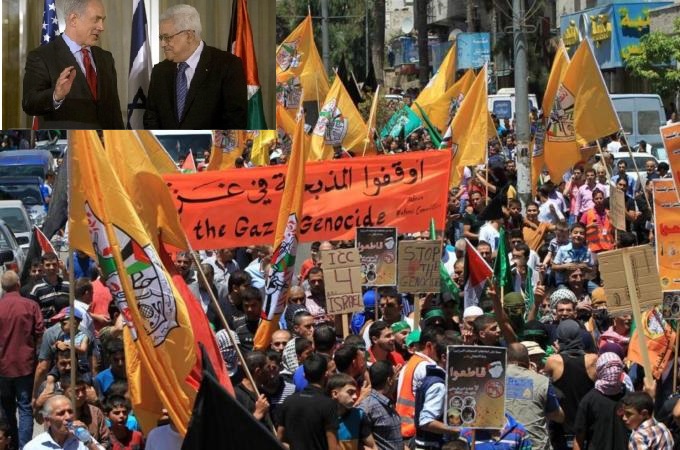




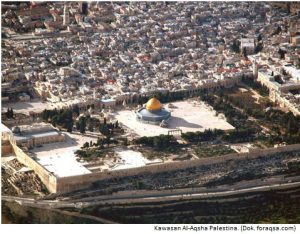
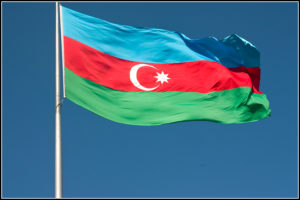
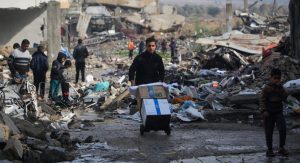


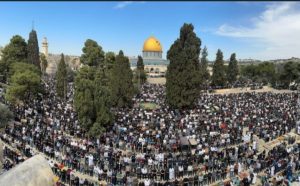

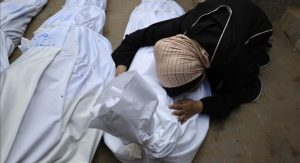
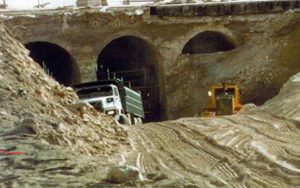

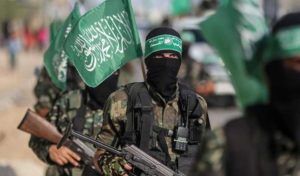
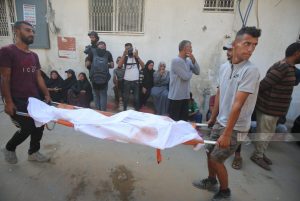





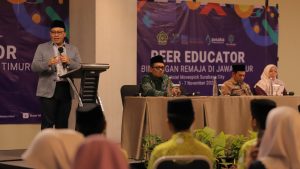



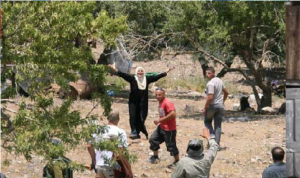

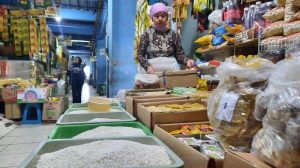



 Mina Indonesia
Mina Indonesia Mina Arabic
Mina Arabic